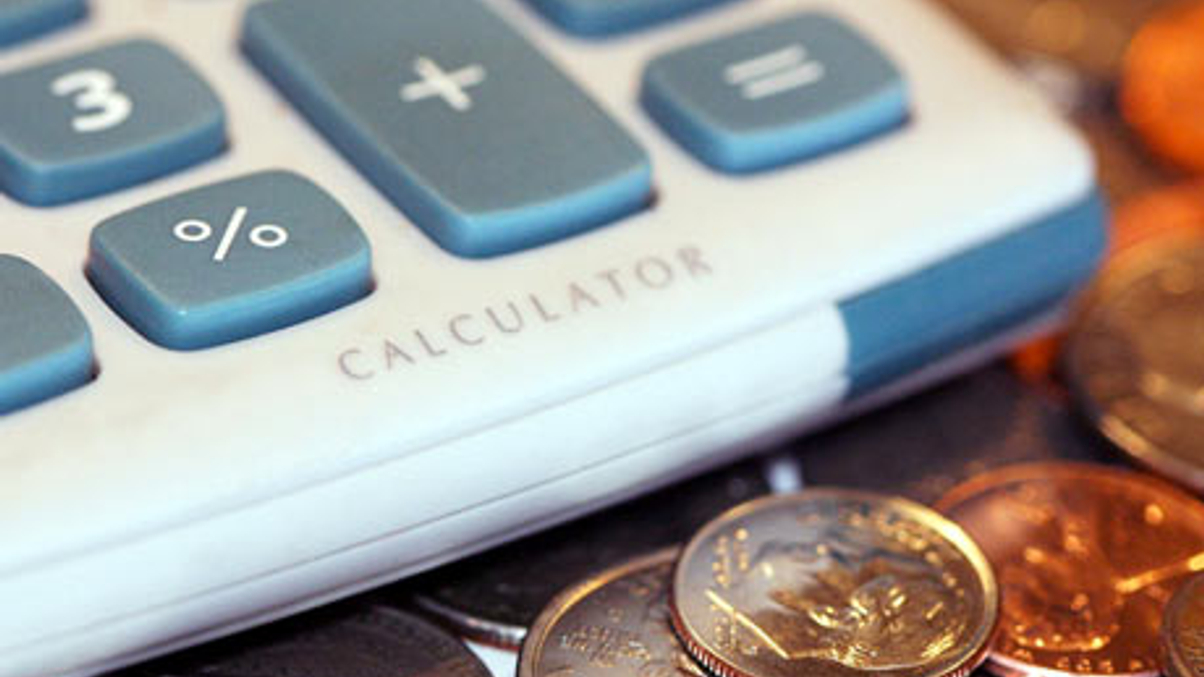Japanese corporate pensions look to shake up alts allocation
Japanese corporate pension funds are increasingly investing in alternative assets in order to generate income, as the proportion of their portfolios dedicated to domestic assets decreases, a survey shows.

Income generation is a rising theme among Japanese defined benefits (DB) corporate pension funds.
Sign in to read on!
Registered users get 2 free articles in 30 days.
Subscribers have full unlimited access to AsianInvestor
Not signed up? New users get 2 free articles per month, plus a 7-day unlimited free trial.
¬ Haymarket Media Limited. All rights reserved.


